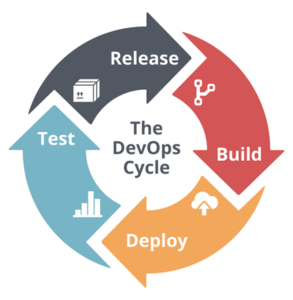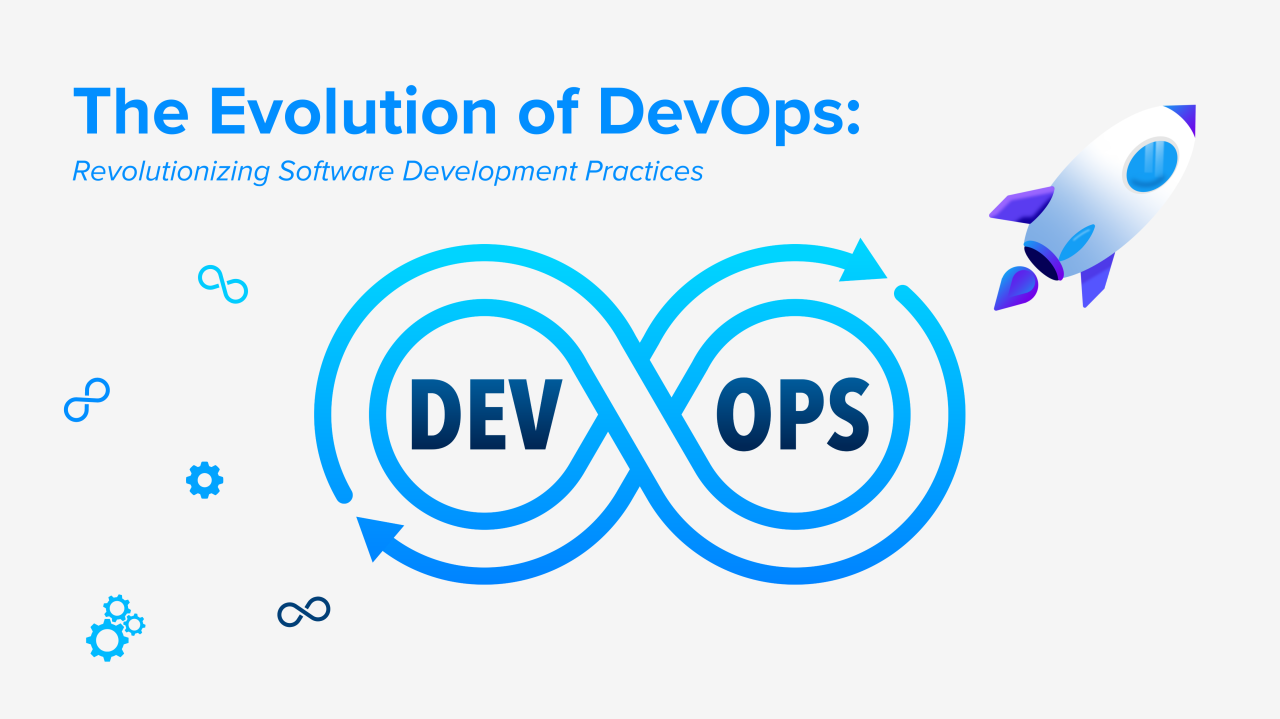In the rapidly evolving landscape of web development, the integration of DevOps practices has become a cornerstone for success. DevOps, a blend of “development” and “operations,” refers to a set of practices and tools that automate and integrate the processes between software development and IT teams. This methodology aims to shorten the development lifecycle and deliver high-quality software continuously. Here, we explore the pivotal role of DevOps in modern web development and how it transforms the way web applications are built, tested, and deployed.
Accelerated Development and Deployment
Continuous Integration and Continuous Deployment (CI/CD)
One of the most significant contributions of DevOps to web development is the implementation of Continuous Integration (CI) and Continuous Deployment (CD). CI/CD pipelines automate the process of integrating code changes, running tests, and deploying applications. This automation reduces manual errors, ensures consistent quality, and significantly accelerates the release of new features and updates. As a result, development teams can deliver enhancements and fixes to users much faster, maintaining a competitive edge.
Agile Methodologies
DevOps complements agile methodologies by promoting collaboration and iterative development. It fosters a culture where development and operations teams work together seamlessly, ensuring that the application evolves quickly in response to changing requirements and user feedback. This synergy is crucial for modern web development, where the ability to adapt rapidly is a key determinant of success.
Improved Collaboration and Communication
Breaking Down Silos
Traditionally, development and operations teams worked in silos, often leading to communication breakdowns and project delays. DevOps bridges this gap by fostering a culture of collaboration. Through shared responsibilities and continuous feedback loops, teams can identify and address issues more efficiently. This collaborative environment not only improves productivity but also enhances the overall quality of the web application.
Integrated Toolchains
DevOps relies on a suite of integrated tools that facilitate seamless communication and collaboration. Tools like Jenkins, Docker, Kubernetes, and GitHub are commonly used in DevOps pipelines. These tools automate various aspects of development and operations, from code integration to deployment and monitoring, ensuring that all team members are on the same page.
Enhanced Quality and Reliability by DevOps
Automated Testing
Quality assurance is a critical aspect of web development, and DevOps significantly enhances it through automated testing. By integrating automated tests into the CI/CD pipeline, teams can quickly identify and fix bugs, ensuring that only high-quality code makes it to production. Automated testing covers various aspects, including unit tests, integration tests, and end-to-end tests, providing comprehensive coverage and reliability.
Continuous Monitoring and Feedback
DevOps practices include continuous monitoring of applications in production. Tools like Prometheus, Grafana, and ELK Stack provide real-time insights into the application’s performance and health. This continuous feedback loop allows teams to detect and resolve issues proactively, ensuring optimal performance and user satisfaction.
Cost Efficiency and Resource Optimization
Infrastructure as Code (IaC)
DevOps promotes the use of Infrastructure as Code (IaC), a practice that involves managing and provisioning computing infrastructure through machine-readable scripts. IaC enables consistent and repeatable configurations, reducing the risk of human error and enhancing scalability. Tools like Terraform and Ansible are commonly used for IaC, allowing teams to manage infrastructure more efficiently and cost-effectively.
Scalability and Flexibility
Modern web applications often need to scale rapidly to handle varying loads. DevOps practices, combined with cloud technologies, provide the scalability and flexibility required to meet these demands. Automated scaling and load balancing ensure that resources are used efficiently, minimizing costs while maintaining performance.
Innovation and Competitive Advantage of DevOps
Faster Time-to-Market
In the competitive world of web development, the ability to bring new features and improvements to market quickly is crucial. DevOps accelerates the entire development lifecycle, from coding to deployment, enabling businesses to respond to market changes and user needs faster than ever before. This agility provides a significant competitive advantage, allowing companies to stay ahead of the curve.
Focus on Innovation
By automating routine tasks and streamlining processes, DevOps frees up development teams to focus on innovation. Instead of spending time on manual deployments and troubleshooting, teams can concentrate on creating new features and improving the user experience. This focus on innovation drives continuous improvement and ensures that the web application remains relevant and engaging.

Conclusion
The role of DevOps in modern web development is transformative. By fostering collaboration, enhancing quality, and accelerating delivery, DevOps practices enable development teams to build robust, high-performing web applications efficiently. As the digital landscape continues to evolve, adopting DevOps methodologies will be crucial for any organization looking to thrive in the fast-paced world of web development. For expert guidance on integrating DevOps into your web development process, visit Tech-Outsource. If you need personalized assistance, don’t hesitate to Contact Us. We’re here to help you succeed in the competitive tech industry.







Very interesting information!Perfect just what I was searching
for!Raise range